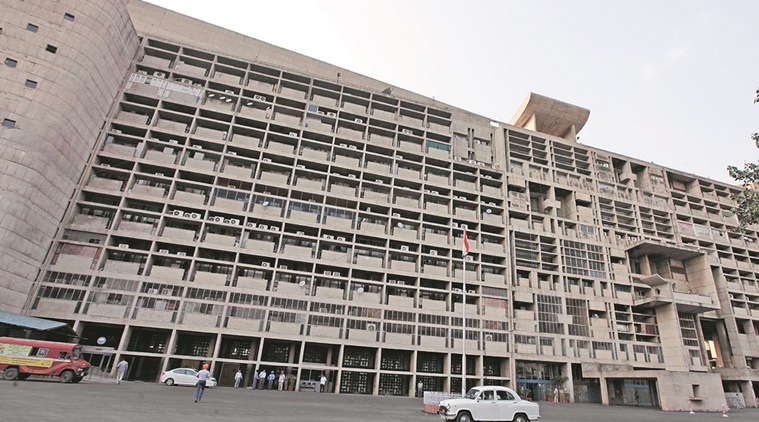Punjab: Cabinet walks out from cabinet meeting, tension between ministers and bureaucrats turns into lava

The simmering discontent among ministers against unbridled
powers given by Chief Minister Capt Amarinder Singh to the bureaucracy turned
into lava today culminating in the unprecedented walk out by the ministers from
the cabinet meeting led by Finance Minister Manpreet Singh Badal who otherwise
is known for maintaining his cool.
Capt Amarinder Singh was to join the meeting sitting from
his home via video conferencing later at the time of taking the final decisions
after through discussion.
The agenda was the new excise policy. The department of
excise and taxation is with the chief minister.
The cabinet meeting started on a wrong note.
Ever since the lockdown, the cabinet meetings invariably
were being held via video conferencing. This time, however, the ministers and
the bureaucrats were to be physically present.
As the meeting started, the chief secretary Karan Avtar
Singh joined via video-conferencing. This triggered the fuse in the very
beginning itself. The chief secretary then rushed in to be physically present.
First to speak after the proposals relating to the new
excise police were introduced was Manpreet who trashed the new policy bit by
bit. The ministers had not been involved by way of first inviting proposals, it
is learnt.
The next to oppose was Technical Affairs Minister Charanjit
Singh Channi. However, the chief secretary tried to cut him short that provoked
Manpreet. The chief secretary is below the minister under the protocol.
Manpreet left the meeting angrily. He was followed by Local
Bodies Minister Brahm Mahindra.
The meeting was over as the ministers walked out. Cooperation
Minister Sukhjinder Singh too lashed out at the bureaucrats in his loud style.
This was waiting to happen sooner or later.
It is said that the present government in Punjab is a
government on contract with the powers vested in some select bureaucrats. This
system had initially led to hear burning in a section of the senior bureaucracy
too.
The basic problem is that the Congress leaders and workers
have been feeling alienated all along after the party formed the government
replacing the Akali Dal. However, the bureaucracy continued to favour the
Akalis.
The latest example is that of a Fazilka hospital sending the
Corona patients home for a night as Akali Dal president and former deputy chief
minister Sukhbir Singh Badal was to donate a testing machine and he apparently
wanted safe environment.
State Congress chief Sunil Jakhar has himself been on record
several times assuring the Congress workers that he would take up the issue
with Capt Amarinder Singh. However, the Congress rank and file continue to be
alienated.
It is common knowledge in Punjab that the transport minister
can’t transfer even a clerk.
It is not just the Congress workers who have been
complaining. Many of the ministers express the same opinion. It is said that in
Punjab that it is the minister whose portfolio is changed in case of any tussle
rather than transferring the bureaucrat.
The today’s unprecedented show down has to be viewed in this
context.
The situation has worsened since the lockdown as the
ministers have further been pushed into the wilderness by the all-powerful
bureaucracy.
Punjab now represents a new model of governance. The chief
minister in this state does not function from the office in the Punjab civil
secretariat but from the residence. This model made its presence during the
2012-17 term of Parkash Singh Badal as the Chief Minister who headed the Akali
Dal government with Sukhbir as his deputy chief minister.
Now even the senior bureaucrats in the chief minister’s
office don’t function from the designated office.
The job of the political leadership is not just to clear
files but provide leadership and remain in touch with the people.
Anyway, the style of governance (or non-governance) is the
prerogative of the chief minister.
The finance and excise and taxation departments earlier used
to be held by the finance minister for years in Punjab. However, the system
changed. Now finance minister has no power over resource mobilisation and is
reduced to just an accountant.
But the main problem is the lava that has now burst in
Punjab.
The excise policy decision stands postponed to next cabinet
meeting.
Capt Amarinder Singh, however, is known for strong grip over
bureaucracy and is known for quick decision making.
Comments
Post a Comment